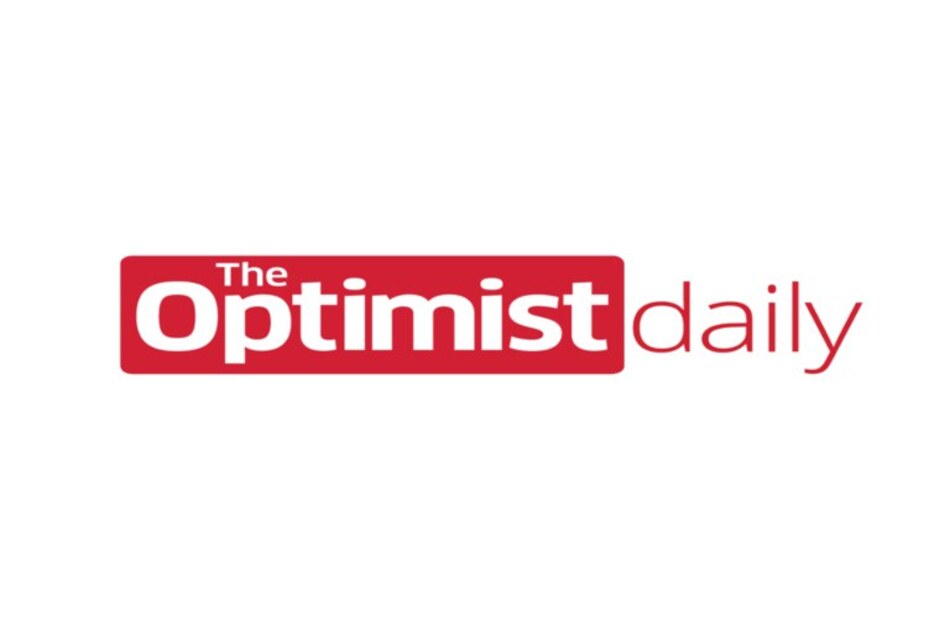Agriculture is going local and a group of small farmers in New Jersey are ready for the transition. In the face of falling prices, low demand, and foreign competition, many dairy farmers are calling it quits, but this dairy cooperative uses strategic structuring to become resilient, even during a pandemic.
New Jersey farms are small. The average is only 76 acres. This group of dairy farmers opts to sell their product directly to consumers at farm-operated markets and restaurants, rather than to large suppliers. And they help each other do so most efficiently.
The group of farmers all work together to create a cohesive system. Farmers with dairies and slaughterhouses bottle milk and process animals from other local producers. Those that own restaurants and markets act as hubs for others to sell their products. While some farms manage the bulk of production, others sell goods from farmers all around the state. This strategic compartmentalizing of tasks reaps optimal profits for all. It’s a simple case of comparative advantage.
Because cows produce milk whether the demand for it exists or not, many large farms are being forced to pour millions of gallons down the drain. Additionally, milk that was intended for sale in schools and commercial sites can’t be repackaged for grocery sales because the system lacks the infrastructure to adjust distribution.
Having a malleable cooperative of small farmers means production and distribution can be easily changed with adjustments in consumer demand. Partnerships between farms makes the cooperative more resilient and gives farmers a network to lean on when challenges, like a global pandemic, come up.
Our food systems will look different after Covid-19. More and more people are opting to buy local, where food producers are familiar and reliable. Cooperatives like this one are a key solution for creating sustainable food supply chains of the future.











